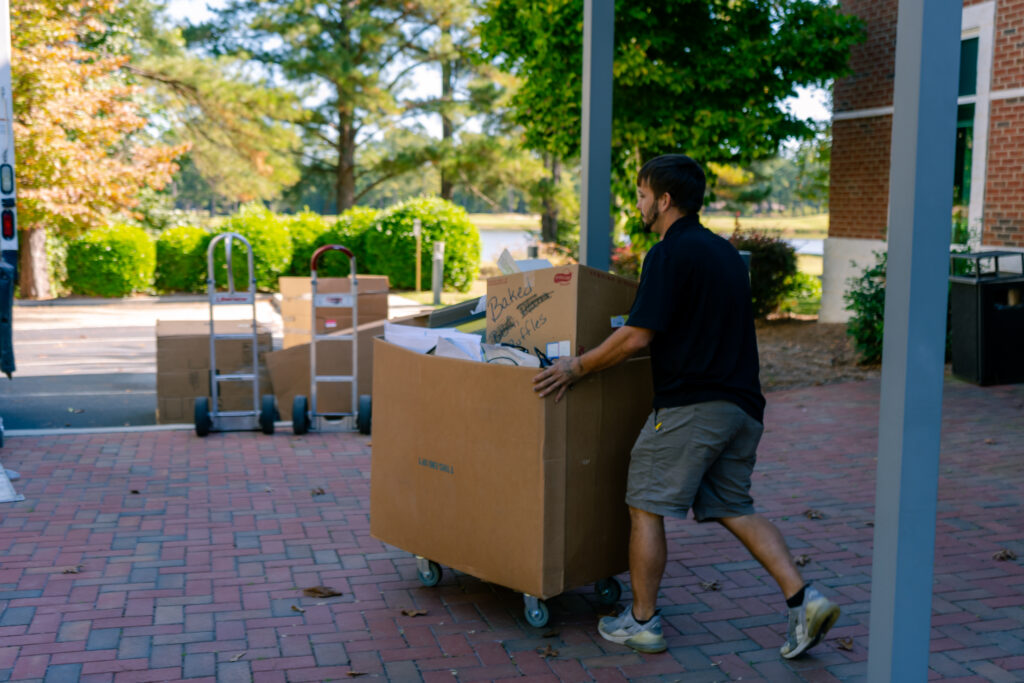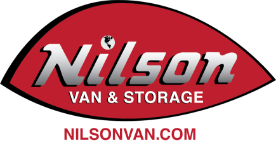
Moving to a new home can be exciting, but it’s essential to remember that the process can be stressful without the right assistance. One of the key components of a successful move is hiring competent residential movers. When entrusting your cherished belongings to a team, you need confidence in their ability to do the job effectively and safely. In this guide, we’ll explore how to find the best house movers and the benefits of hiring professionals to help with moving furniture and other possessions.
Factors to Consider When Hiring Residential Movers
- Experience and Reputation: A good way to gauge the reliability of residential movers is by checking their experience and reputation. Online reviews, testimonials, and feedback from friends or family can give great insight. Look for companies that have been in the business for several years and have garnered positive feedback.
- Services Offered: Not all moves are the same, and you might need specialized services. Some companies might offer furniture lifters for those heavy items or specialize in moving family heirlooms and valuable pieces. Ensure the company you’re considering offers the specific services you need.
- Insurance and Licensing: Ensure the companies you consider have a license to operate in your area and have adequate insurance. This protects you in the unlikely event of damage or loss.
- Transparent Pricing: Nobody likes hidden fees. Always ask for a detailed quote to understand what you’re paying for. This will help you compare different movers and make an informed choice.
- Equipment: Check if the movers have the necessary equipment, especially if you have unique requirements. For example, dollies are essential for safely lifting and transporting heavy items.
Finding the Right Moving Company
- Ask for Recommendations: Word of mouth is powerful. Friends, family, or colleagues who’ve had recent moves might have recommendations (or warnings) about residential movers.
- Research Online: Search for movers in your area, check reviews, ratings, and feedback. Look for any red flags or recurrent issues reported by customers.
- Get Multiple Quotes: Get quotes from several before settling on one company. This gives you a better sense of the market rate and allows you to select a service that offers the best value for your money.
- Visit in Person: If possible, visit the moving company’s office. This can give you a sense of their professionalism and available resources.
Benefits of Hiring a Residential Mover
- Efficiency: Professionals know how to pack, lift, and move items quickly and efficiently. What might take you days could take them hours.
- Safety: Tools like dollies and the expertise of a furniture mover significantly reduce the risk of injury or damage to your belongings.
- Peace of Mind: Professionals handling your move allow you to focus on other aspects of the transition, like setting up utilities or getting to know your new neighborhood.
- Cost-Effective: While hiring residential movers might seem like an added expense, consider the potential costs of damaged items, renting moving equipment, or the medical costs from injuries that can result from DIY moves.
- Storage Options: Many moving companies also offer storage solutions, which can be beneficial if there’s a gap between your moving dates.
A successful move hinges on hiring the right residential movers. By considering factors like experience, services offered, and transparent pricing, and by doing your due diligence in research and recommendations, you can ensure a smooth transition to your new home. Contact the experienced residential moving team at Nilson Van and Storage. Their professionals are there to make your move easier, safer, and more efficient.



